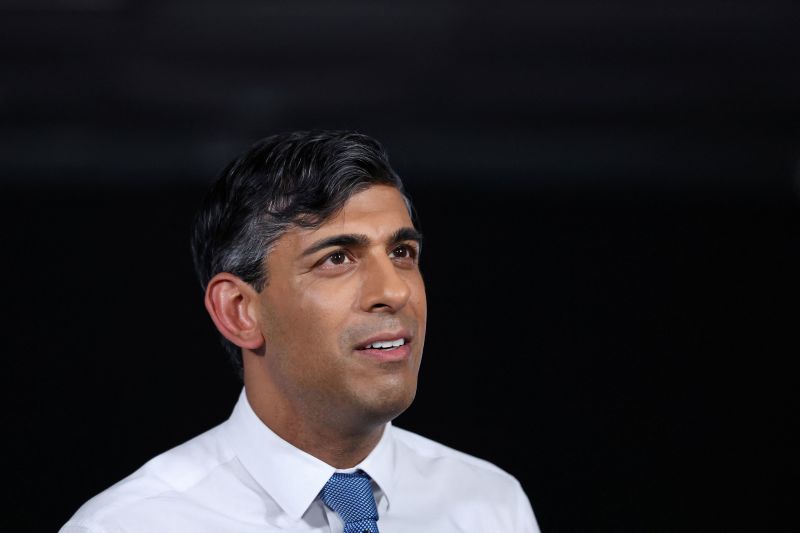Prime Minister Rishi Sunak, who unambiguously symbolises Britain’s Tory political philosophy, has created a proposition that mirrors his commitment to enabling young citizens to contribute more directly to the community. He aspires to embed a sense of obligation and unity among Britain’s youth by pitching a compulsory national service for 18-year-olds. This audacious concept has garnered mixed opinions, sparking a lively debate on its feasibility and potential impact on British society.
The national service program, as proposed by Sunak, would require all British young adults to fulfil a year of public service immediately after turning 18. This could include working with public sector bodies, non-profit organisations or the country’s Armed Forces. While the concept of national service was a norm in many countries throughout the 20th century, particularly during times of war, it has largely fallen out of favour in the 21st century.
Nonetheless, the Prime Minister believes that a year of national service could have multiple benefits for young adults. He presented various advantages of the program, the primary one being the ability to instill a sense of responsibility and citizenship among young people. By experiencing firsthand what it means to serve the nation, Sunak believes that British youth would inherit a sense of pride and accomplishment, thus nurturing more cohesive societies and promoting national unity.
Secondly, Sunak considers the pitch as a platform for imparting essential life skills. This one-of-a-kind platform will educate the youth about work ethics, discipline, self-sufficiency, resilience, and teamwork. It will give them a chance to develop leadership skills and provide a boost to their self-confidence, preparing them for the challenges of the professional world.
Moreover, Sunak’s assertive proposal is aimed at reducing social inequality. By mandating a national service for all 18-year-olds irrespective of their socio-economic background, the program aims to blur the lines between different social classes. It is a unique attempt to unify young individuals from varying backgrounds, fostering understanding, empathy, and social unity.
Critics, however, raise questions concerning the compulsory nature of the proposal, and whether it infringes upon individual liberties. The pressing concern of mandatory enrolment could overshadow the potential benefits of the program. There are also reservations about the financial implications for the state and whether adequate resources and infrastructure are in place to support such an ambitious scheme.
Nevertheless, the national service pitch by Prime Minister Sunak embodies his deeply ingrained conservative values, which are centred around community service and national unity. Regardless of the mixed views on its implementation, this proposition calls attention to an alternative method of shaping up the leaders of tomorrow. It captures Sunak’s boldness in seeking to reform the traditional societal landscape and rekindle Britain’s sense of patriotism through the tangible contributions of its younger generation.
The proposed national service at 18 is an intense reflection of Sunak’s leadership, backed by his vision for a more united Britain. Whether or not this bold proposal garners sufficient parliamentary support remains to be seen. But one thing is for sure, it has sparked a new conversation around patriotism, youth empowerment, and the role of the government in shaping its future citizens.




